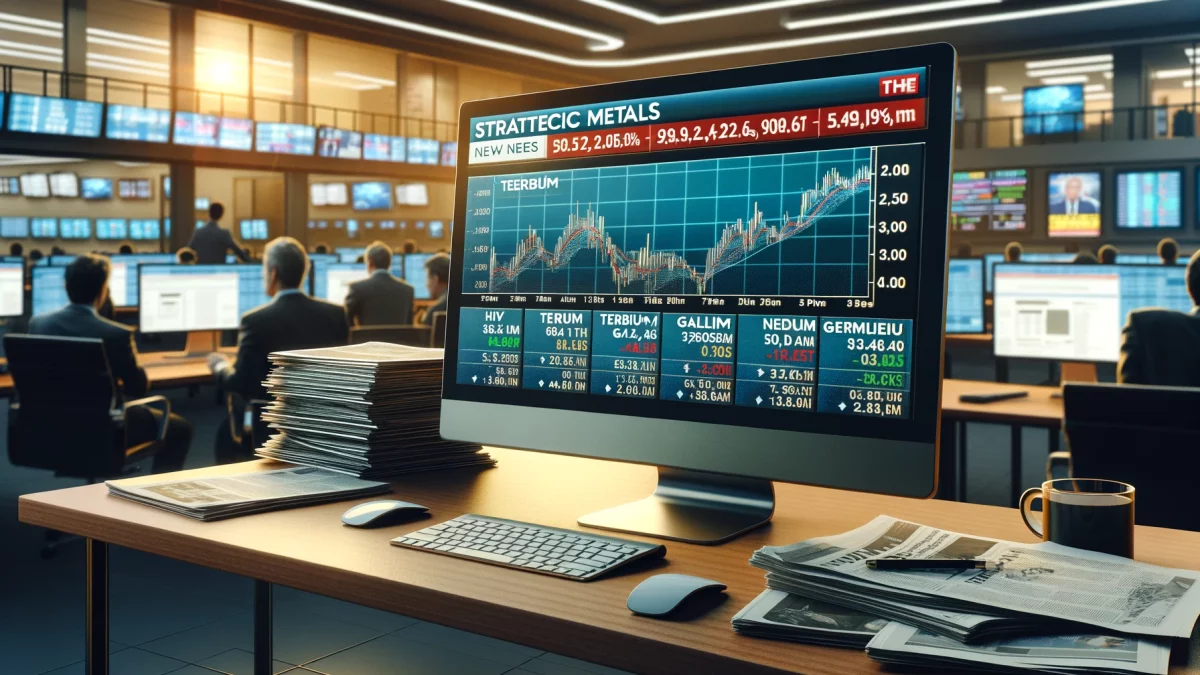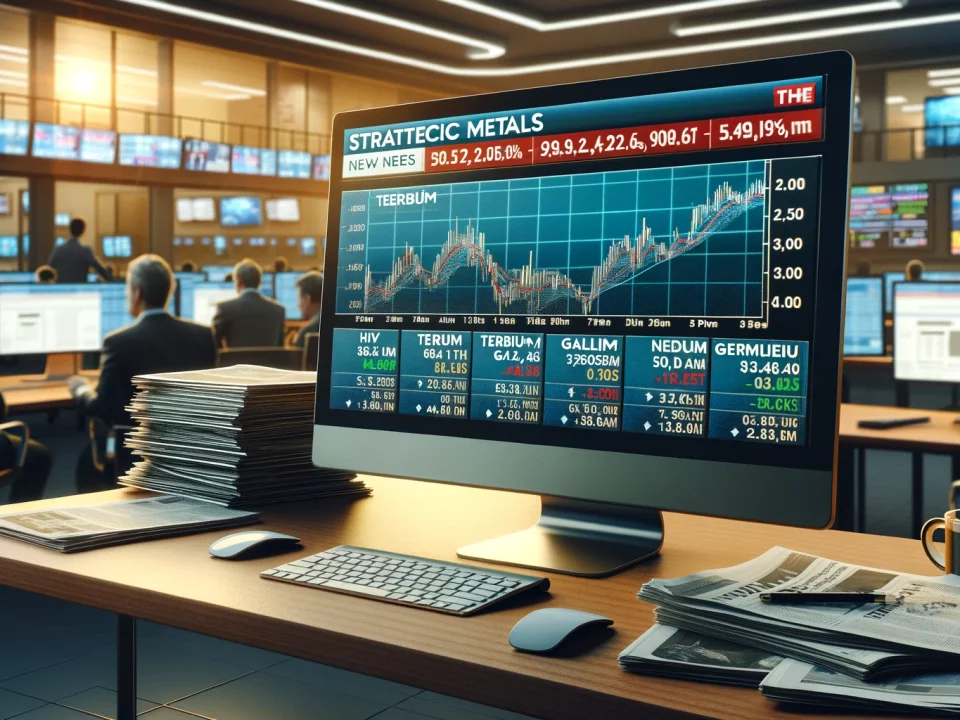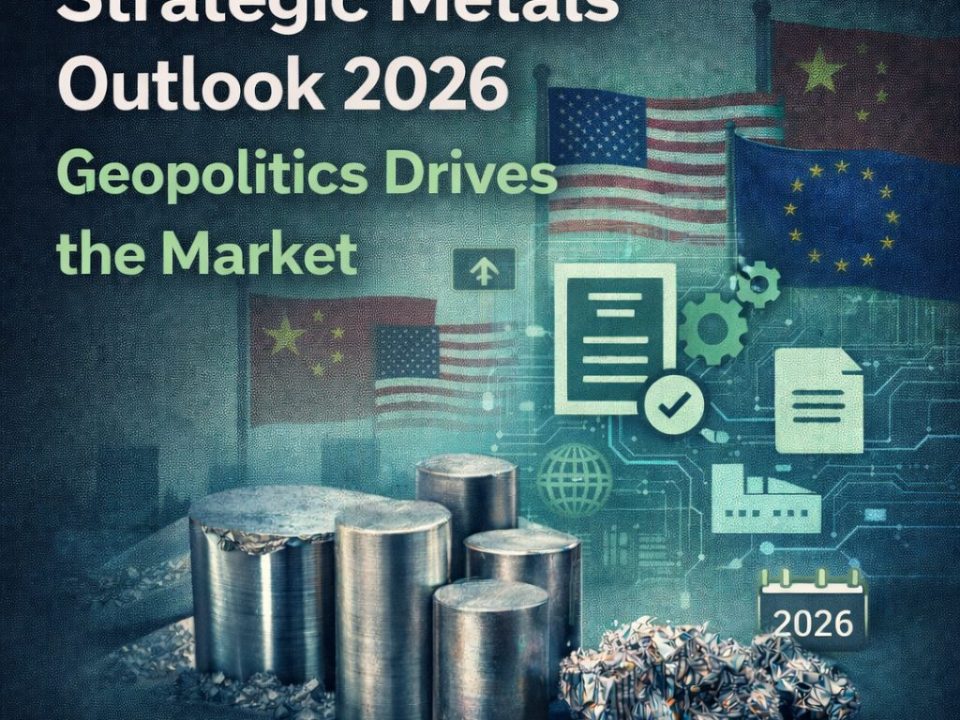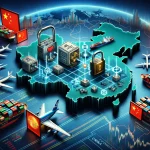
Market Insight on China’s Gallium and Germanium Export Ban
January 26, 2024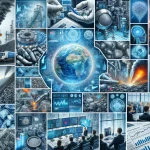
Weekly News Review Jan 29-Feb 4 2024
February 4, 2024An eventful fourth week is coming to a close; here is our weekly news round-up.
RENEWABLE ENERGIES COULD COVER A THIRD OF GLOBAL DEMAND IN 2025.
According to the International Energy Agency, Global electricity demand is growing – but clean energy generation is also making great strides.
The demand for electricity is growing worldwide, partly due to the increasing spread of technologies such as electromobility and heat pumps.
Interestingly and thankfully, low-emission energy sources are well on the way to covering the entire increase, writes the International Energy Agency (IEA) in a new report. According to the report, renewable energies will account for over a third of total electricity generation by the beginning of 2025, overtaking coal for the first time.
Power generation from nuclear energy is also set to reach an all-time high this year. According to the IEA’s forecast, low-emission sources will account for almost half of the global electricity generation in 2026, compared to just under 40 per cent in 2023.
The energy sector – currently still the largest emitter of greenhouse gases – is thus also leading the transition to the goal of net zero emissions.
Despite this progress, however, electrification would have to progress much faster in the coming years to achieve global climate protection plans. In this context, the agency has repeatedly emphasized the importance of a secure supply of raw materials.
Now let’s go to China …
ARE WE SEEING A RESCUE FOR CHINA’S ECONOMY? CLEAN TECH SECTOR POSTS RECORD GROWTH.
Solar energy, electric vehicles, batteries, and the like contributed 40 per cent to China’s gross domestic product increase last year.
China leads the way regarding greenhouse gas emissions: Almost 30 per cent of global CO2 emissions are caused in the People’s Republic. At the same time, China is leading the expansion of renewable energies. The green tech sector was also the most crucial driver of China’s economic growth in 2023; with a “record value” of 1.6 trillion US dollars, it contributed 40 per cent to the increase in gross domestic product.
…investments in areas such as solar energy, electric vehicles, and batteries rose to 890 billion US dollars compared to the previous year, which also corresponds to an increase of 40 per cent; the government’s growth target of around five per cent would have been missed without the growth in the clean tech sector, as investment in other sectors, especially in real estate, is declining.
China’s access to critical raw materials required for the massive domestic expansion of clean energies should not be underestimated. The People’s Republic has a virtual monopoly on the mining and processing of rare earths, in particular, which are processed into permanent magnets for electric motors and wind turbines.
China is also a leader in producing solar modules and their preliminary products, such as wafers and polysilicon, as well as in the field of batteries and battery materials, such as graphite.
IN OTHER NEWS FROM CHINA, CHINESE EXPORTS OF GALLIUM AND GERMANIUM SURGE.
The export of gallium and germanium from China rose sharply in December, according to the latest figures from the customs authorities. However, while germanium is far from the previous year’s level, significantly more gallium was shipped abroad in December than in December 2022. The export data is being followed with great interest internationally due to the restrictions in force since August 2023. The measure is justified for national security, as raw materials are important for civilian and military technologies.
STAYING WITH CHINA – THE CHINESE AMBASSADOR TO EUROPE HAS CRITICIZED THE EU FOR ITS INVESTIGATION INTO ELECTRIC VEHICLES.
In October last year, the European Commission officially launched an anti-subsidy investigation into imports of electric vehicles from China.
Commission President Ursula von der Leyen said that “the world markets were being flooded with cheaper Chinese electric cars,” which was made possible by state subsidies. In an interview with Bloomberg, the Chinese ambassador to the EU, Fu Cong, described the investigation as unfair and pointed out that China could also introduce similar measures.
Cong pointed out that the EU also subsidizes its own companies. Therefore, Germany is facing trouble here, as the People’s Republic is its most important trading partner and even the most important market worldwide for German car manufacturers.
In other news from Europe…
EU Plans Further Measures on Economic Security.
On Wednesday of last week, a package on the economic security of sensitive industries and technologies was on the EU Commission’s agenda. Artificial intelligence, quantum- and biotechnologies, as well as advanced semiconductors, are to be placed under protection in the future, and foreign investments and exports are to be controlled.
According to Ambassador Cong, the EU security package is primarily directed against China. Ambassador Cong also expressed an understanding of the desire for economic security. However, China feels the latest measures would overshoot the mark.
The EU has been trying to realign its relations with China for some time. In March last year, Von der Leyen had already given the first indications of increased protection of key technologies.
That’s all we have for this week.



